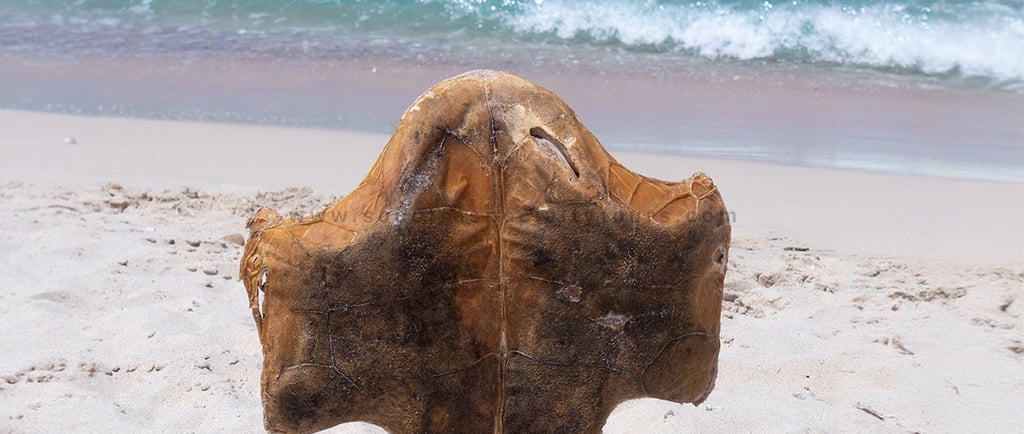Sustainable Tourism Practices on Socotra Island
Learn about exploring the natural wonders of Socotra—while being a considerate visitor. Here are some tips on sustainable tourism practices on Socotra Island.


The responsibility of preserving the natural beauty and sanctity of a place lies with every tourist and traveler. If you are looking to join one of the adventure tours in Socotra, know that the island is home to some of the most wondrous examples of nature. This guide details sustainable tourism practices on Socotra Island to help you be a responsible traveler at this otherworldly destination!
A Considerate Traveler’s Guide to Tourism on the Island of Socotra
Sustainable tourism practices take on the foundational aspects of ecotourism, which aims to preserve and protect. The essential aspect of any sustainable tourism practice is to consume (or in this case, explore and enjoy) without taking away from nature or the local community.
Therefore, when preparing for a trip to the island, get a head start on sustainable tourism practices on Socotra Island by learning the dos and don’ts of exploring the island. These tips come right from local travel experts who are also well-versed in regulations for tourists:
Avoid Off-Road Driving Anywhere On the Island
Off-road driving may be seemingly an innocent oversight when you visit Socotra, it is potentially quite damaging to the environment. Driving the base of hills, amongst any greenery, and sandy beaches in Socotra can disrupt the natural terrain.
Whether you are traveling with a large group or solo traveling in Socotra, partner with a local tour company for transport arrangements. Not only will you get access to information about fast and comfortable routes, but also travel in an eco-friendly way.
Carry Reusable Containers & Deposit Waste Carefully
When traveling to a destination that is majorly underdeveloped and comprises many remote tourist sites, taking care of rubbish becomes a challenge. Traveling in Socotra is no exception—as many beaches and hills are far from municipality services access.
Thus, minimizing the use of disposable containers is one of the key tourism practices on Socotra Island. For the plastic and other non-biodegradable stuff you do carry—plus all the food leftovers, cigarette butts, tissues/cleaning supplies, and other trash—take it to the waste dumps in Hadibo (a coastal town in the north of Socotra).
Do Not Take Out or Buy Any Biological Socotrian Materials
The local office of Environment Protection Authorities (EPA) in the Socotra archipelago specifically prohibits the export of biological material. Some examples of biological materials—whether alive or dead—include wild plants, as well as rocks, shells, corals, and animals. For export exceptions, you need a special permit by the EPA itself.
If you come across anyone offering to sell you any biological materials, know that this is not allowed. In Socotra, there are special measures for tourism practices on Socotra Island, specifically those banning the trade of live birds, reptiles, sea turtles, insects, as well as shells and plants.
Prevent Introducing Alien Elements Wherever You Visit
As important as it is to not export biological materials out of Socotra, it’s necessary not to introduce anything foreign. In addition to avoid littering the sites with disposable trash, don’t bring any biological materials—accidental or otherwise.
Experts have recorded the disappearance of unique animal and plant life due to contact with foreign substances. Thus, be very careful what you carry around, especially when on any of the hiking trails in Socotra Island. Socotra's ecological system is one-of-a-kind, and alien material of any kind can cause immense harm.
Do Not Damage the Coral Reefs in Socotra
When visiting Socotra, you’ll find that the island is rife with opportunities for underwater exploration, offering breathtaking sights of vibrant coral reefs and a rich array of marine life. Dihamri Marine Reserve is especially known for its magnificent coral reefs. However, know that these underwater ecosystems are quite delicate.
Any damage may take years to recover—so make sure you observe and admire from a safe distance. If using a boat to explore waters with coral reefs, check that the vessel doesn’t anchor on the these. Consider having local guides and fishermen guide you through rather than handling a boat yourself.
Play Your Part in Protecting the Native Animal Life
Many parts of Socotra Island are significant nesting sites for birds and sea turtles. Thus, it’s important to know what areas to avoid during breeding seasons to not disturb the rare species during this time. The local EPA office can provide you with important information.
Additionally, please refrain from feeding the fish, as it can alter their natural behavior. For snorkeling, scuba diving, and boating, opt for the help of a local fisherman or guide to tourism on the island to avoid disturbing the sea life. When exploring the waters of Socotra Island which are abundant with marine life, don't make any erratic movements to avoid frightening the creatures.
Be an Ethical and Respectful Camper
There are many beaches in Socotra you must visit and camp at—including Arher Beach and Delisha Beach. The panoramic views at sunset and sunrise, the abundance of stars at night, and the general beauty due to velvety sands and azure waters make the beaches at Socotra the perfect camping ground.
That being said, practice consideration for other campers and Socotra itself. Do not be loud to avoid disturbing other campers. Use only dead wood when building a fire instead of harming at surrounding greenery. Carrying a camp stove is less disruptive to the environment.
Observe Local Culture and Traditions
Part of sustainable tourism practices on Socotra Island is respecting the local community. When visiting Socotra, tourism best practices include:
Always ask for permission before taking photos of local people, especially women.
Dress modestly when you're in local towns, as this shows respect for their customs.
Be mindful of prayer times and religious events, especially during the month of Ramadan.
Buy local to support their economy and improve the tourist-local relationship.
Do not give money to local children to discourage begging. It’s best to avoid giving out candies too, since dental care is not common on the island.
How tourists act towards locals anywhere in the world shapes the kind of reception tourists in the future receive. Your behavior toward nature and community in Socotra are both equally important in sustainable tourism.
Embrace Sustainable Tourism Practices With Experienced Socotra Guides
With over 500 endemic species of flora and fauna, Socotra Island is a place to be enjoyed—but also one to be wandered through with consideration to avoid extinction and ecological disruption. The principle of tourism practices on Socotra Island becomes all the more significant—and Socotra Specialty Tours can be your perfect guide to being a responsible tourist!
Contact us today at +971 50 850 4432 or leave us a message to book a tour with a local guide who can help you practice sustainable travel and ecotourism!


